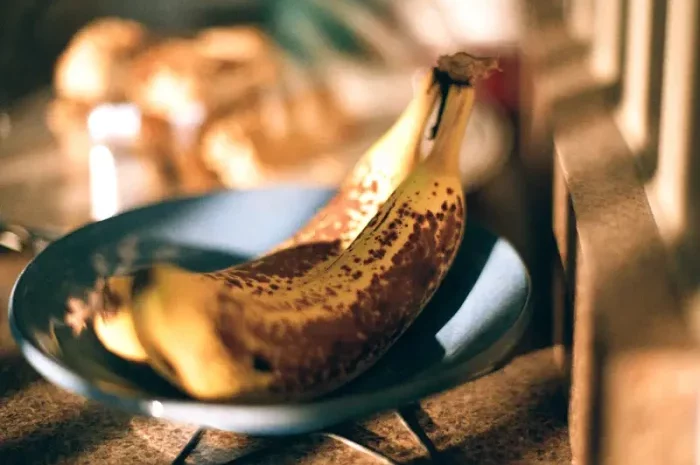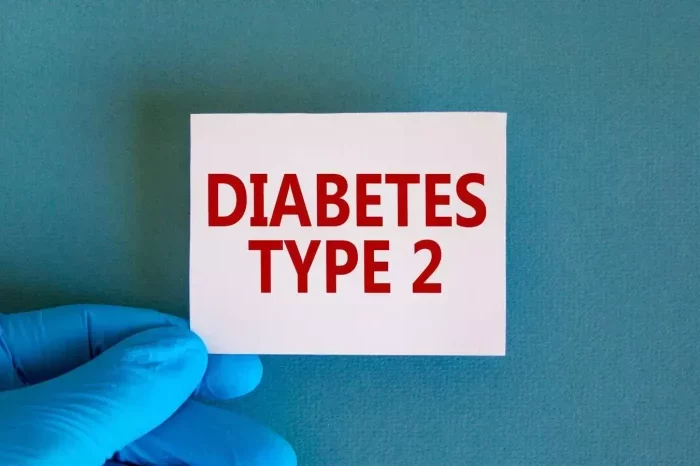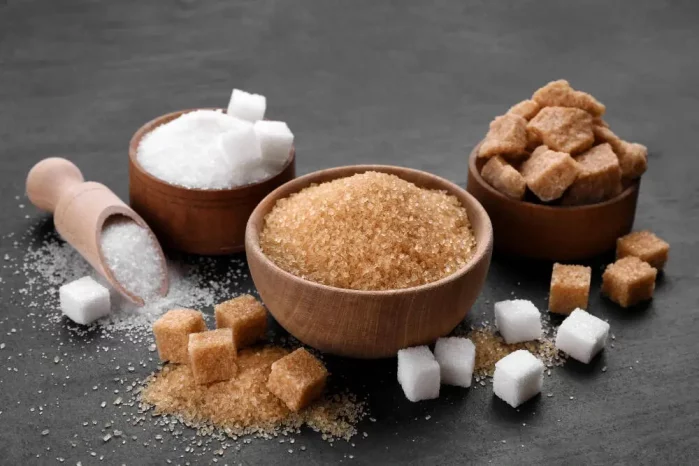Bananas, with their convenient packaging and natural sweetness, have long been hailed as a nutritious fruit.
However, for individuals managing diabetes, the sugar content of bananas raises questions about their suitability in a diabetic diet.
In this comprehensive exploration, we will address the question: Are bananas detrimental for individuals with diabetes?
Understanding Diabetes
Before diving into the debate surrounding bananas and diabetes, it’s crucial to grasp the basics of diabetes.
Diabetes is a chronic condition characterized by elevated blood sugar levels, resulting from either insufficient insulin production or the body’s inability to effectively use insulin.
There are several types of diabetes, including type 1, type 2, and gestational diabetes, each with its unique etiology and management strategies.
The Sugar Conundrum
Bananas are naturally rich in carbohydrates, primarily in the form of sugars such as glucose, fructose, and sucrose.
As a result, consuming bananas can cause a rapid increase in blood sugar levels, posing challenges for individuals with diabetes who need to manage their blood glucose levels carefully. However, the glycemic index (GI) of bananas, which measures how quickly carbohydrates in food raise blood sugar levels, varies depending on factors such as ripeness and serving size.
Debunking Myths
Despite their reputation as a high-sugar fruit, bananas can still be enjoyed as part of a balanced diabetic diet when consumed in moderation and paired with other blood sugar-stabilizing foods.
Contrary to popular belief, bananas offer several nutritional benefits that make them a valuable addition to a diabetic-friendly meal plan:
1. Rich in Fiber:
Bananas are a good source of dietary fiber, which can help slow down the absorption of sugar into the bloodstream and promote better blood sugar control. The fiber content in bananas also supports digestive health and satiety, aiding in weight management—an essential aspect of diabetes management.
2. Packed with Nutrients:
Bananas are loaded with essential vitamins and minerals, including vitamin C, potassium, and B vitamins, which play crucial roles in maintaining overall health and well-being. Potassium, in particular, helps regulate blood pressure and may reduce the risk of cardiovascular complications associated with diabetes.
3. Versatile and Convenient:
Bananas are versatile and convenient, making them an ideal on-the-go snack or ingredient in a variety of dishes. Whether enjoyed fresh, blended into smoothies, or added to oatmeal or yogurt, bananas offer a delicious way to incorporate fruits into a diabetic diet.
Strategies for Enjoying Bananas Responsibly
While bananas can be included in a diabetic meal plan, it’s essential to exercise portion control and mindful eating practices to prevent blood sugar spikes. Here are some practical tips for incorporating bananas into a diabetic-friendly diet:
1. Choose Ripe but Not Overripe Bananas:
Opt for bananas that are ripe but not overly ripe, as they tend to have a lower glycemic index and may cause less of a spike in blood sugar levels.
2. Pair with Protein or Healthy Fats:
To mitigate the impact of bananas on blood glucose levels, pair them with protein or healthy fats, such as nuts, seeds, or Greek yogurt. This combination helps slow down the absorption of sugar and promotes satiety.
3. Monitor Blood Sugar Levels:
Monitor blood sugar levels regularly, especially after consuming bananas or meals containing carbohydrates, to gauge their impact on individual blood glucose response.
4. Incorporate into Balanced Meals:
Enjoy bananas as part of a balanced meal that includes a variety of nutrient-dense foods, such as lean proteins, whole grains, vegetables, and healthy fats. This helps create a well-rounded eating pattern that supports overall health and diabetes management.
Conclusion
In conclusion, bananas can be included in a diabetic diet when consumed in moderation and as part of a balanced meal plan. While they contain natural sugars that can affect blood glucose levels, bananas also offer valuable nutrients and fiber that support overall health.
By practicing portion control, mindful eating, and strategic pairing with other blood sugar-stabilizing foods, individuals with diabetes can enjoy the nutritional benefits of bananas without compromising their blood sugar management goals.
As always, it’s essential to consult with a healthcare provider or registered dietitian to personalize dietary recommendations based on individual needs and preferences.

























